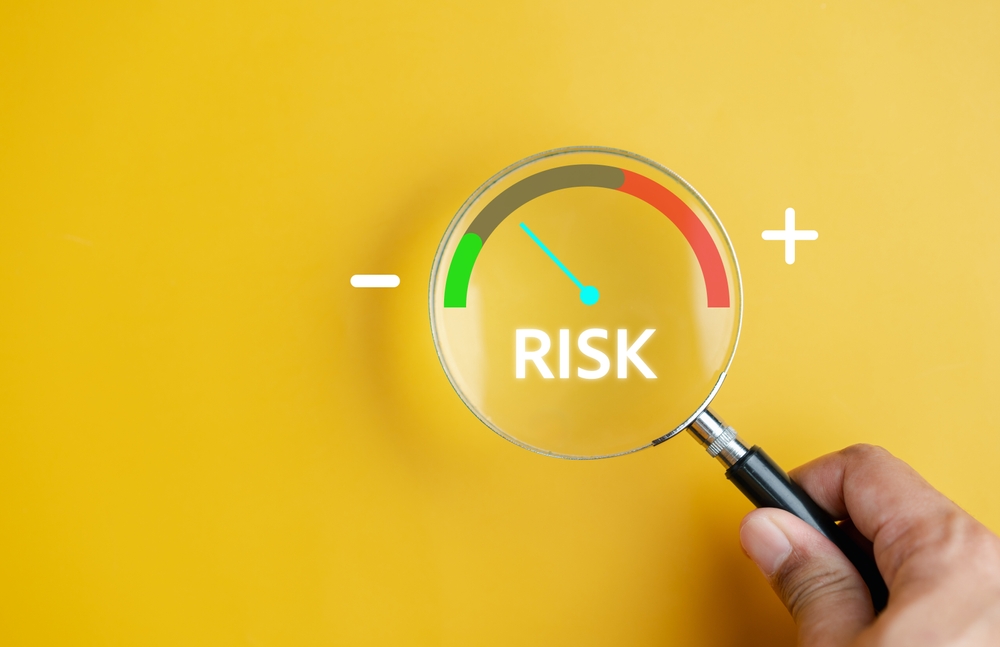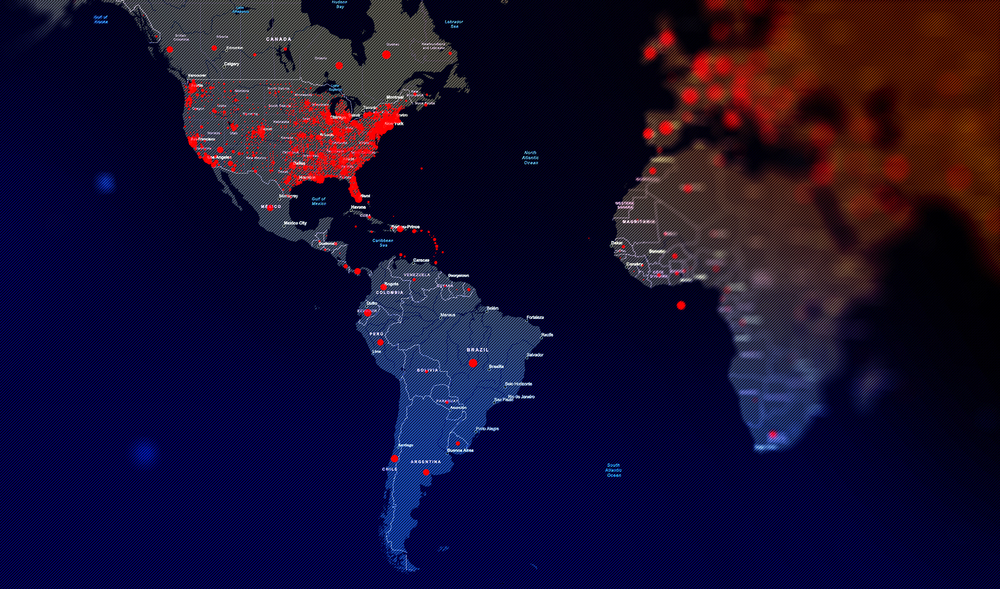Book Reviews
Philosophical Aesthetics
Quantum Computing
Global Value Chains
Peace and Stability Operations
Autonomous Intelligent Enterprise
Artificial Intelligence

Global Value Chains
The Cocoa Crisis and the Holidays
Cocoa prices surged due to weather problems in West Africa, disease, and aging trees, raising chocolate costs. Companies are increasing prices and exploring alternatives like gene editing and improved cocoa extraction techniques.

Global Value Chains
Risk Management: Sleeping When the Wind Blows
Organizations face unprecedented chaos in a BANI world (Brittle, Anxious, Nonlinear, Incomprehensible), requiring AI-powered solutions that deliver resilience, explainability, anticipation, and lucidity (REAL) to navigate complex supply chain risks effectively.

Global Value Chains
Reimagining Supply Chain Management
Organizations must move beyond VUCA and BANI frameworks by getting REAL—becoming Resilient, Explainable, Anticipatory, and Lucid—through AI-driven autonomous supply chains that successfully transform operational chaos into competitive advantage.

Global Value Chains
Will There Be Any Ho, Ho, Ho-liday Shopping?
Holiday sales expected to grow 4%, reaching $975 billion—slowest since pandemic. Consumers prioritize value and experiences over discretionary spending. Successful retailers must emphasize omnichannel strategies and value beyond discounts.Retry

Global Value Chains
Food Trends Are Redefining the CPG Sector
The food and beverage industry faces declining sales due to inflation while companies adapt to emerging consumer trends including wellness, functional foods, sustainability, clean labels, AI technology, and weight-loss innovations.

Global Value Chains
The Importance of the Global South
The Global South represents 85% of global population and growing economic power. China dominates partnerships there while America risks losing influence over critical minerals, markets, and future growth.
.jpg)
Personal Dispatches: Reflections on today’s society through the lens of Fortune Magazine December 1941

Global Value Chains
Water is as Important to Some Industries as Electricity
This article discusses the looming global water crisis driven by climate change, population growth, and uneven distribution. It emphasizes the risks to businesses and calls for a multi-pronged approach involving governments, industries, and NGOs to manage water more efficiently and sustainably.

Global Value Chains
Globalization’s Ongoing Realignment
The term “globalization” has fallen out of favor, but global trade remains a hot topic. Globalization is all about flows. The flow of people. The flow of capital. The flow of resources. The flow of goods and services. The flow of data. And the flow of ideas. Most of these flows face challenges. McKinsey & Company analysts conclude, “To negotiate an era that may be more complex and challenging requires a deeper understanding of the full picture of global flows, their networks and evolution, and potential scenarios for the future. Looking at the entire range of global flows, it is clear that the world is not defaulting to deglobalization, but that global connections are reconfiguring.”

Global Value Chains
The Supply Chain’s Groundhog Day Experience
This article compares ongoing supply chain challenges to the movie Groundhog Day. Like the movie's main character, supply chain professionals are stuck in a loop of recurring problems like COVID disruptions, dependence on China, labor shortages, and inflation. However, there are solutions. Building agile and resilient supply chains, shifting to "just-in-case" models, diversifying suppliers, and using automation are ways to break free from this loop and ensure future success.

Global Value Chains
Complete Decoupling from China is Not the Answer
There is little doubt that China’s aggressive policies affect global trade. As a result, there have been shrill calls for the United States to decouple its economy from trade with China completely. Even if such a strategy were possible, pursuing it would not be in anyone's best interests. Throughout the Cold War, the world witnessed the negative impacts of isolating some economies.

